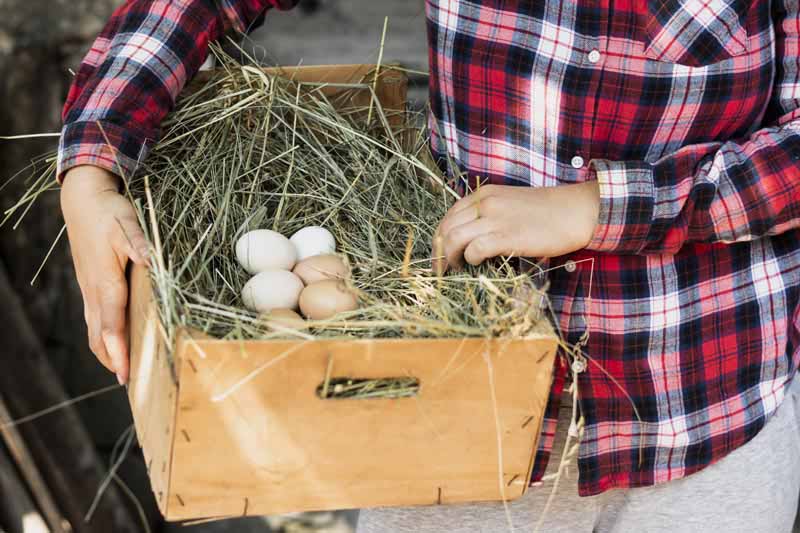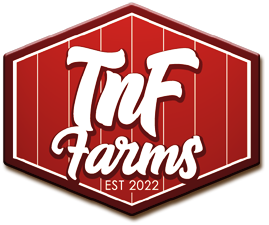Why Your Hobby Farm Deserves a Business Plan (Even If You’re Not ‘In It for the Money’)
 Photo by Freepik
Photo by Freepik
You probably didn’t start out selling worm castings or pasture-raised eggs to get rich. Maybe it began with a handful of hens, or a raised bed of basil that grew faster than your family could eat. One thing led to another, and now you’re fielding weekend buyers, refilling roadside coolers, and printing out square labels for jars of honey or freeze-dried herbs. The truth is, even if you’re not chasing six figures, you’ve built something real. And like any living thing, your farm deserves protection. That’s where a business plan comes in—not as a buzzkill, but as a safeguard. Why your hobby farm deserves a business plan.
A Hobby Farm Is Still a Business, Even If You Don’t Call It One
It doesn’t matter if you only sell worm bins on Facebook Marketplace or split firewood for cash in the fall. The moment money enters the equation, your operation shifts. That little side hustle starts bumping into zoning, liability, taxes, and supply costs. Without a clear plan, even the simplest setup can spiral. A business plan doesn’t need to be formal or full of charts, it just needs to reflect reality. How much are you spending to raise your chickens? What happens if your summer market shuts down? These aren’t corporate questions, they’re survival questions.
Selling Food Means Carrying Risk, Even with Good Intentions
You’ve probably heard stories of egg sellers blindsided by new regulations or gardeners who lost crops to blight without a backup market. When you’re feeding other people, expectations rise. That friendly neighbor who buys kale now wants consistent delivery, packaging, maybe a receipt. Suddenly, you’re not just farming, you’re performing. A business plan helps you anticipate the asks before they knock. It lets you sketch out what you can realistically provide and when. And it protects your ability to say no when someone wants what you can’t or shouldn’t give.
If You’re Already Working This Hard, You Deserve a Safety Net
You’re not clocking in at 9 and clocking out at 5. You’re feeding, harvesting, scrubbing, and sorting. You’re up at dawn checking electric fences and staying up late invoicing. So why would you leave the fate of all that labor up to guesswork? A solid plan doesn’t just forecast sales, it also gives you room to rest. It helps you know what’s working and what’s draining you dry. If the goats eat all the profit or your compost operation needs a partner to grow, the numbers will show it. And you can fix it before burnout hits.
Online Courses Make It Easier to Build a Business Brain
Nobody’s suggesting you should pause planting season to attend business school. But now more than ever, you can build serious know-how from your own kitchen table. There are online business courses that teach you essential stuff like budgeting, branding, and basic legal coverage. You can work through the lessons between making batches of soap or after morning milking. Investing a little time here can save you thousands later. If you’ve already built a farm from scratch, you can build a business plan too. And there’s never been a better time to take a look at this option.
The Plan Isn’t for Investors, It’s for You
Most folks hear “business plan” and picture pitching venture capitalists, but that’s not what this is. This plan is your home base. It gives you clarity on your goals, what you’re willing to do to reach them, and what you’ll walk away from. If your dream is to keep your worm operation small but profitable enough to cover property taxes, that’s a legitimate business goal. If you want to expand your market garden into a year-round source of income, even better. A plan brings your priorities into focus. It tells you when to hold steady and when to scale up.
It’s easy to bristle at the idea of “turning your passion into a business.” The fear is that the joy will drain away once you start thinking about profit. But here’s the truth: Without structure, the joy is often the first thing to go. You get buried under chaos, pulled in too many directions, exhausted by small mistakes that could have been prevented. Planning isn’t about going big, it’s about going smart. So whether you’re selling duck eggs at the gas station or cultivating medicinal herbs for your Etsy shop, your work deserves to be sustainable. And a plan helps you stay in it for the long haul, not just for the season.


